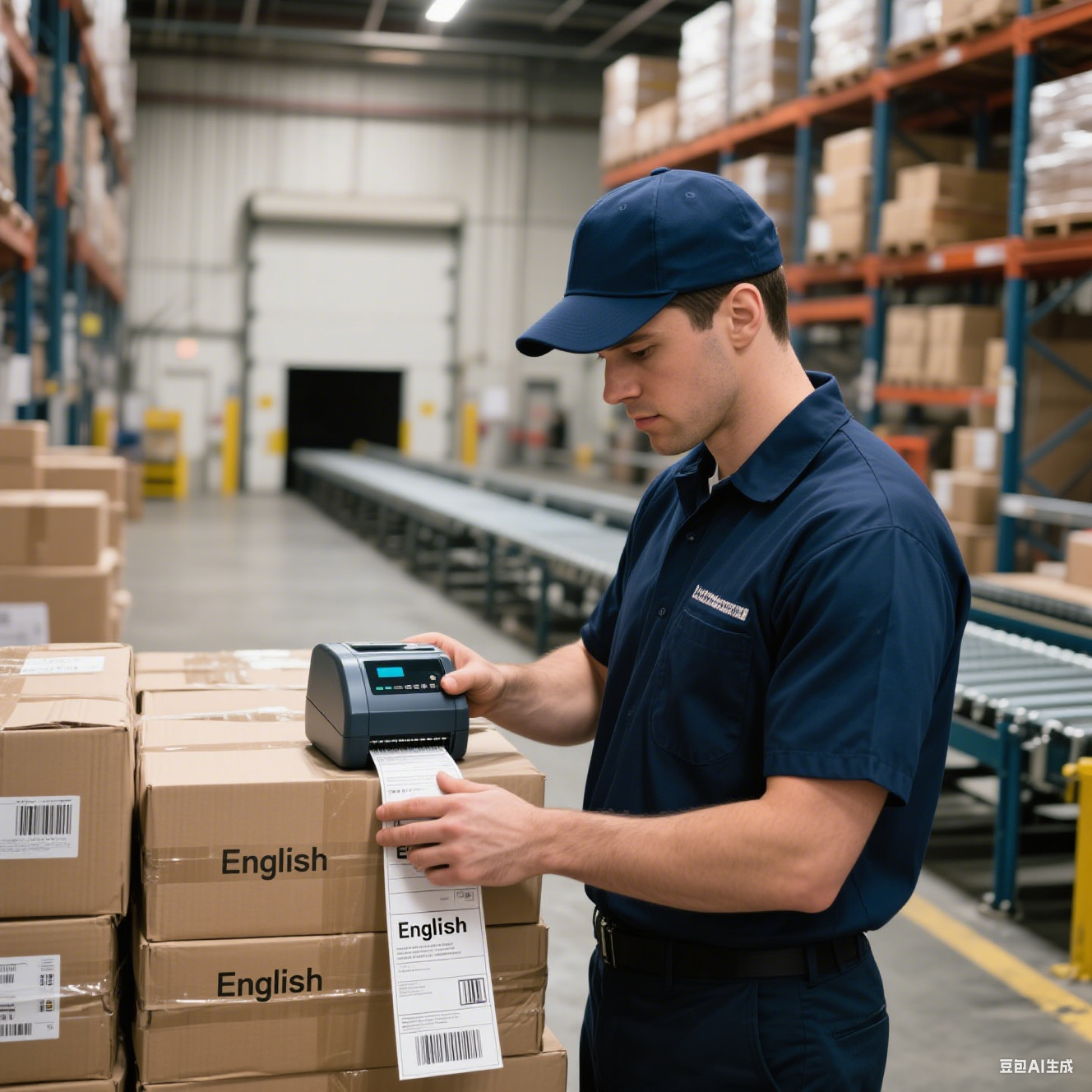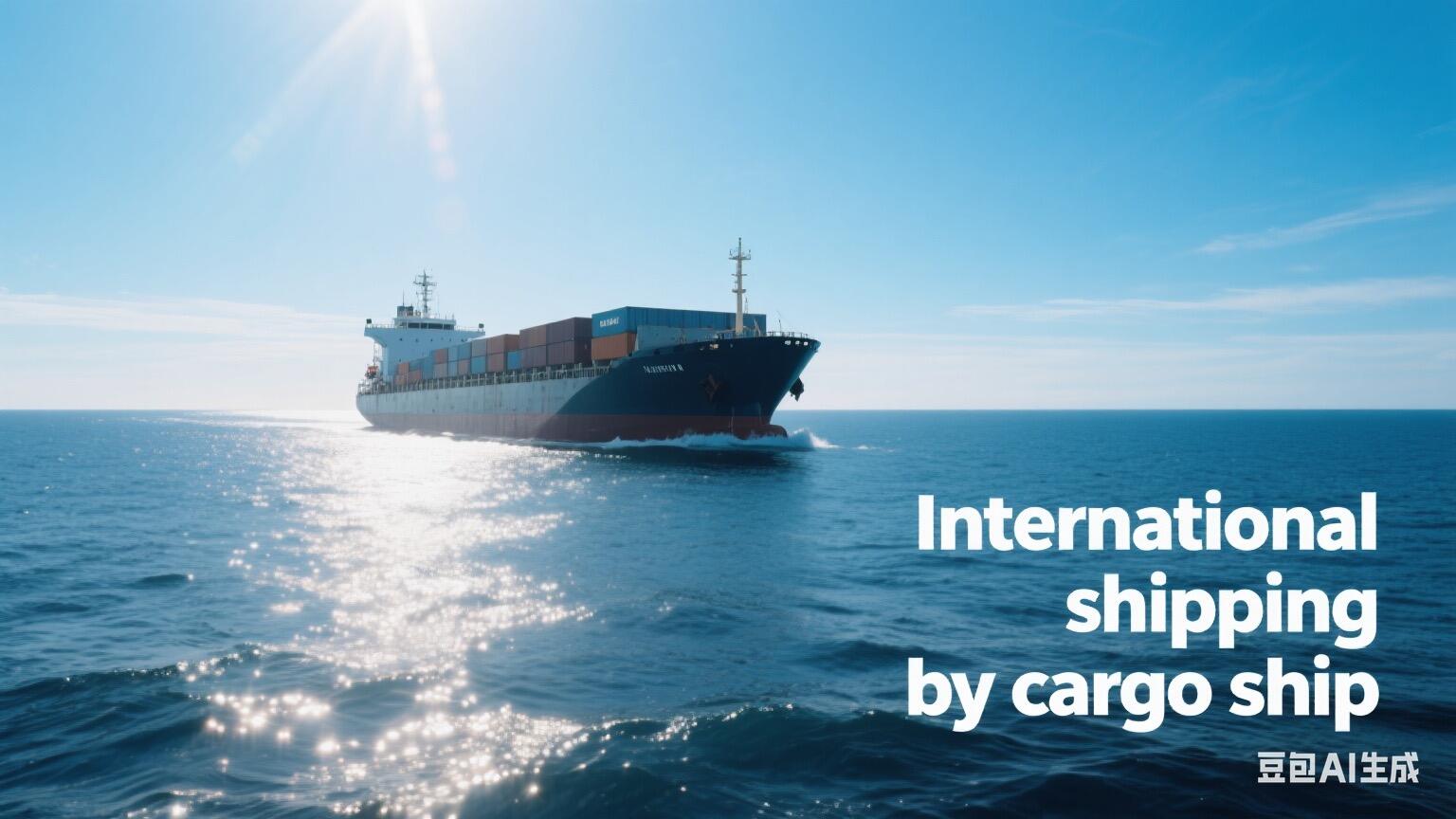international shipping and logistics
International shipping and logistics represents a complex network of interconnected services and operations that facilitate global trade and commerce. This comprehensive system encompasses various aspects including freight transportation, warehouse management, customs clearance, and supply chain optimization. Modern international logistics leverages advanced technologies such as GPS tracking, automated inventory management systems, and real-time shipment monitoring to ensure efficient movement of goods across borders. The industry utilizes multiple transportation modes including sea freight, air cargo, rail transport, and road shipping, each optimized for specific types of cargo and delivery requirements. Digital platforms and artificial intelligence now play crucial roles in route optimization, cost calculation, and delivery scheduling, making the entire process more efficient and transparent. The system also incorporates sophisticated documentation handling, including electronic bills of lading, customs declarations, and international trade compliance documents. Risk management protocols and insurance coverage are integral components, protecting shipments against various contingencies during transit. Additionally, sustainable practices are increasingly being integrated, with companies adopting eco-friendly transportation methods and packaging solutions to reduce environmental impact.


